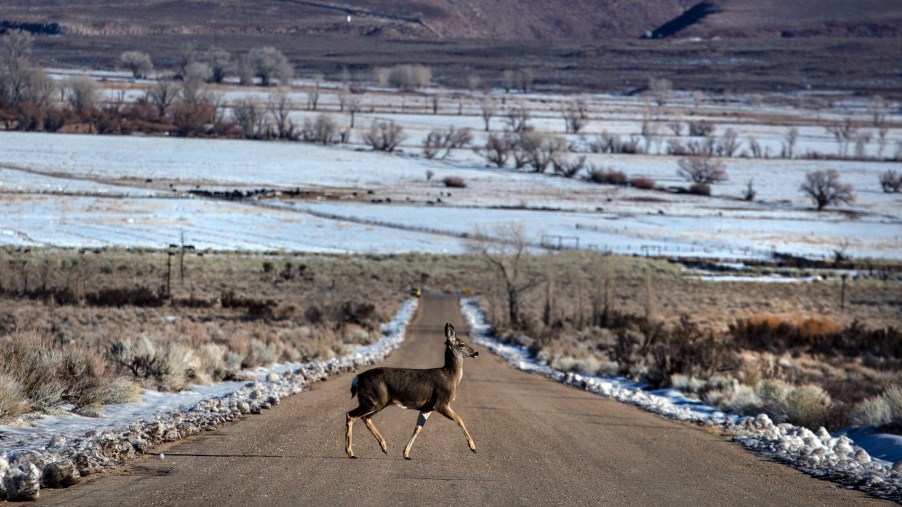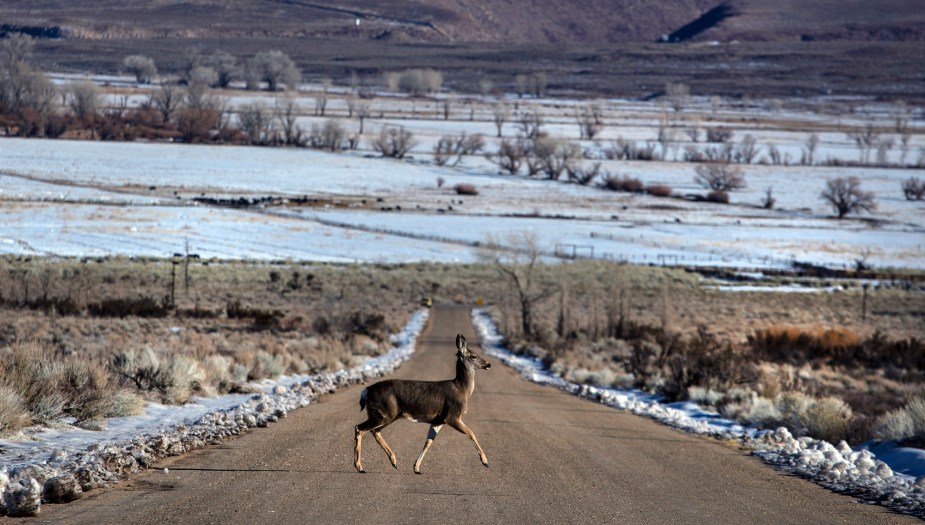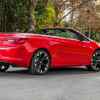
If I Hit a Deer Will My Insurance Cover It?
A car is an expensive investment, and animal accidents can easily damage your vehicle. That’s why it’s vital to have auto insurance that offers protection against such disasters. However, some drivers don’t know the coverage that can protect them against losses when they hit a deer. For instance, which kind of insurance do you need to repair your vehicle after your car hits a deer?
How rules and regulations differ from state to state

Each state has its set of rules and regulations regarding car insurance, including potential discounts and coverage requirements. For instance, in some states, if you have the state’s minimum coverage, you may not be covered in case of a deer accident.
In most states, drivers must have liability insurance, but comprehensive insurance isn’t mandatory. Check out your state’s car insurance rules and regulations to get a better understanding of whether you’re covered in case of deer accidents.
A deer is a swift wild animal that is unpredictable. These animals can be impossible to avoid. For this reason, car insurers don’t consider hitting a deer the driver’s fault; they view it as an unavoidable accident. Some car insurance companies don’t need a police report if you hit a deer and damage your vehicle.
Can your auto insurance cover hitting a deer?
Depending on the type of auto insurance, it may offer coverage if you hit a deer. Due to the accident’s impact on the vehicle, insurers classify this accident as an auto accident, just like other accidents involving a collision with animals, objects, people, or another car.
As Erie Insurance reports, comprehensive insurance can cover the damages if you hit a deer and damage your car. The insurance company will pay to fix the car. If you don’t have comprehensive insurance, you’ll pay to have the vehicle repaired.
Note that liability insurance will not offer coverage when you hit a deer. Each car insurance coverage pays for different issues. Thus, it’s vital to understand what your coverage provides. The comprehensive insurance coverage will not cover all damages your vehicle will experience by colliding with another car. Remember that comprehensive insurance will only cover damages if you hit a deer; if you swerve to avoid hitting the animal and hitting another vehicle, collision insurance should cover the crash.
Preventive measures to avoid hitting a deer
According to WildLife Collisions, about 80% of wildlife collisions involve deer, with bears, moose, coyotes, elks, and other wildlife accounting for the remaining 20%. Although nobody wants to hit an animal on the road, these accidents are prevalent because many cities are close to natural habitats, and wild animals have become popular near human settlements.
With a few tips, you can avoid hitting deer on the road. Although deer accidents are unpredictable, you can prevent them by knowing when these animals are most active. Deers are most active at dawn and dusk. During this time, the light is lower, and the animals are at peak activity. Again, deer are like moving in groups, so when you see one crossing the road, watch out for more and drive slowly to avoid hitting the deer.
When driving in areas where deers are common, watch out for yellow, diamond-shaped signs with deers signaling deers frequently cross the road in that spot. Another trick is to switch your headlights when driving in an area where you’re likely to encounter deer; the light will reflect off the deer’s eyes, making it easier to see these animals when driving.
As well, take note of the deer mating season that occurs between October and December. Be vigilant during this period because the animals are most active, increasing the risk of collisions on the road. Installing or purchasing a vehicle with an automatic emergency braking system can help avoid hitting deer on the road.
When you see a deer, don’t swerve; break calmly and firmly and remain in your lane. Swerving can cause a severe accident because you could lose control. With these precautionary measures, you can avoid hitting deer.


